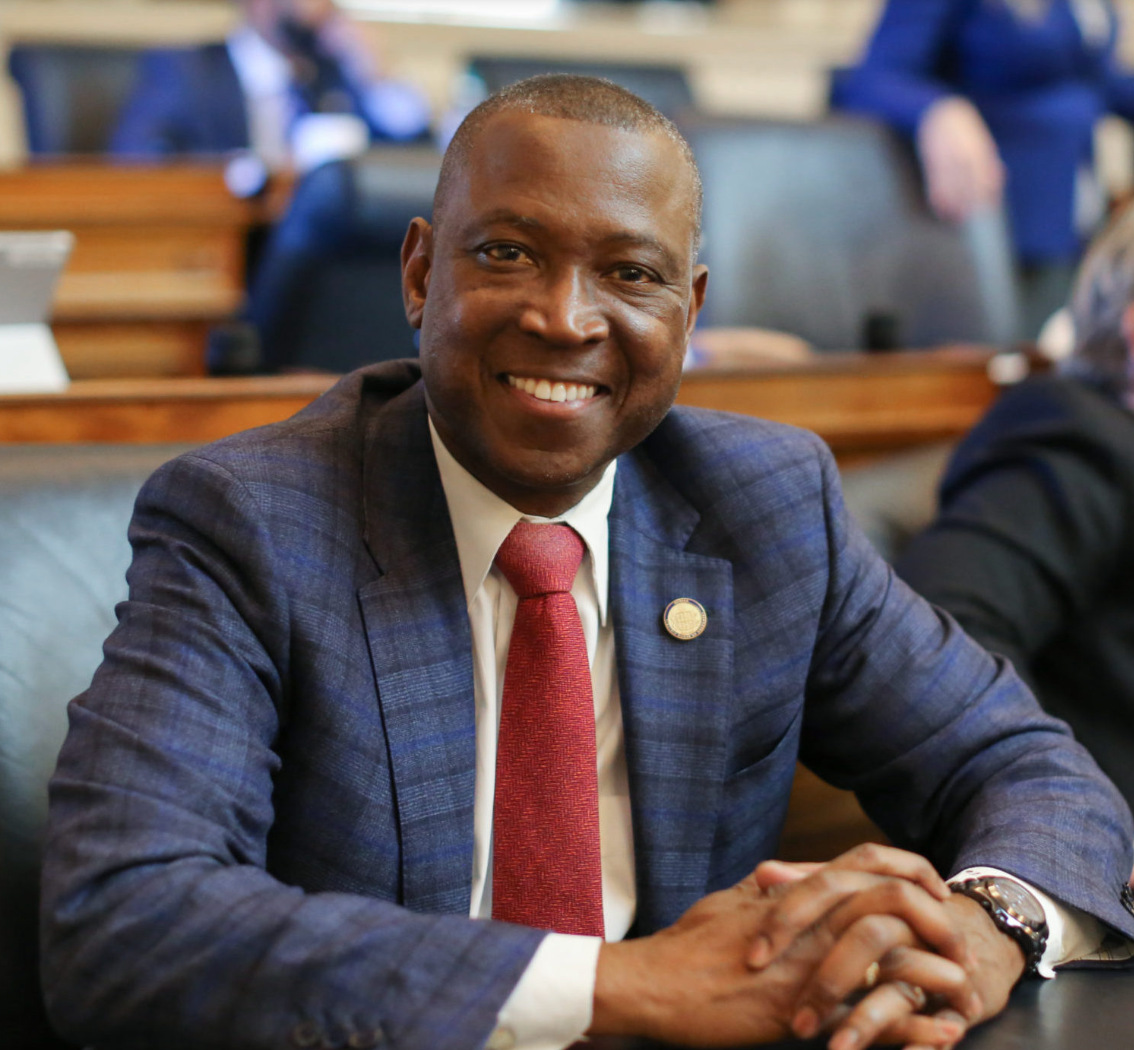
In 2023, we helped defend the Virginia State Senate majority and build a new majority in the House of Delegates. This year, with no elections in the Senate and a statewide race for governor, we see a chance to build the nation’s newest pro-democracy trifecta by defending the one-seat House majority.
While a lot of attention will be focused on the governor’s race, defending the House majority is just as critical. If we can successfully defend the House — and if Virginians elect a pro-democracy governor — state lawmakers will have the governing power they need to not only fight a federal MAGA agenda but also to meaningfully improve lives for the people they serve.
Despite a rightwing governor, the Virginia legislative majorities we helped build in 2023 leveraged their governing power to pass policies focused on making daily life safer and more affordable for all Virginians, including:
This November, if we fail to defend the House majority and the rightwing wins the gubernatorial seat, we could see these protections for Virginians rolled back in favor of abortion bans, defunding public schools, and leaving Virginians at the mercy of big polluters as a single seat majority in the Senate would be the only buffer against the rightwing.
In 2023, control of the House was decided by just 975 votes. In this first major election of Trump’s second presidency, the rightwing will be motivated to win more governing power in the states to impose their MAGA agenda. With stakes this high and margins this close, we know we can’t afford to take a single seat for granted in 2025.
Power our ability to select and invest in majority-making districts that can help build and defend governing power for state lawmakers committed to safeguarding our democracy, protecting personal freedoms, and improving lives across the country.
We successfully defended the Senate majority and flipped two seats to build a new majority in the House of Delegates! This performance in Virginia state legislative races was historic — it was the first time both chambers were lost under a sitting Virginia governor in more than 50 years. Every potential tipping point seat identified and funded by The States Project was crucial in powering new one-seat majorities in both chambers.
While the rightwing regained control of the House of Delegates, our work in the districts with the closest margins meant that if 400 votes across three districts had gone the other way, we would have held the House majority.
The States Project helped flip the House of Delegates, building a Democratic trifecta in the state for the first time since 1993! Our electoral effort helped to create a new majority of Virginia lawmakers who passed policy after policy to improve lives.
In The States Projects’ earliest work in state legislative races, we helped flip enough seats in the House of Delegates to come within one seat of ending rightwing control in the chamber.
Select a state to learn more.

A state legislative campaign usually costs less than 3% of a competitive U.S. Senate race, which means your donations go further in state legislative races.
The States Project is a joint initiative between Future Now Action and The PAC For America’s Future, for more information click here. Paid for by The PAC for America’s Future, 611 Pennsylvania Ave SE, #143, Washington, DC 20003. Not authorized by any candidate or candidate’s committee. To donate to support The States Project’s electoral work, please click here for online donation and check mailing instructions.
The States Project is a joint initiative between Future Now Action and The PAC For America’s Future, for more information click here. Paid for by The PAC for America’s Future, 611 Pennsylvania Ave SE, #143, Washington, DC 20003. Not authorized by any candidate or candidate’s committee.
To donate to support The States Project’s electoral work, please click here for online donation and check mailing instructions.
Copyright © 2025. All Rights Reserved.
Copyright © 2025. All Rights Reserved.